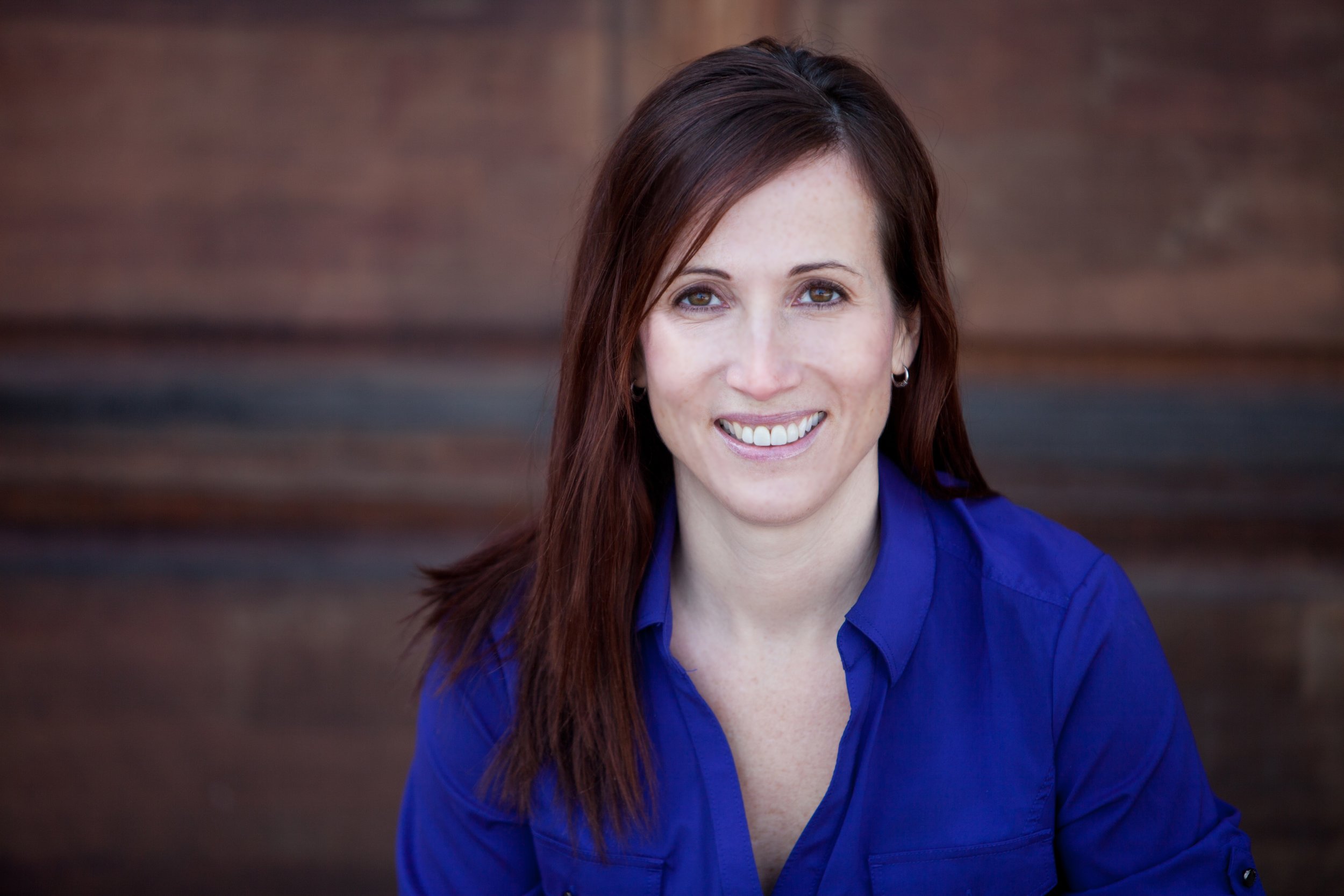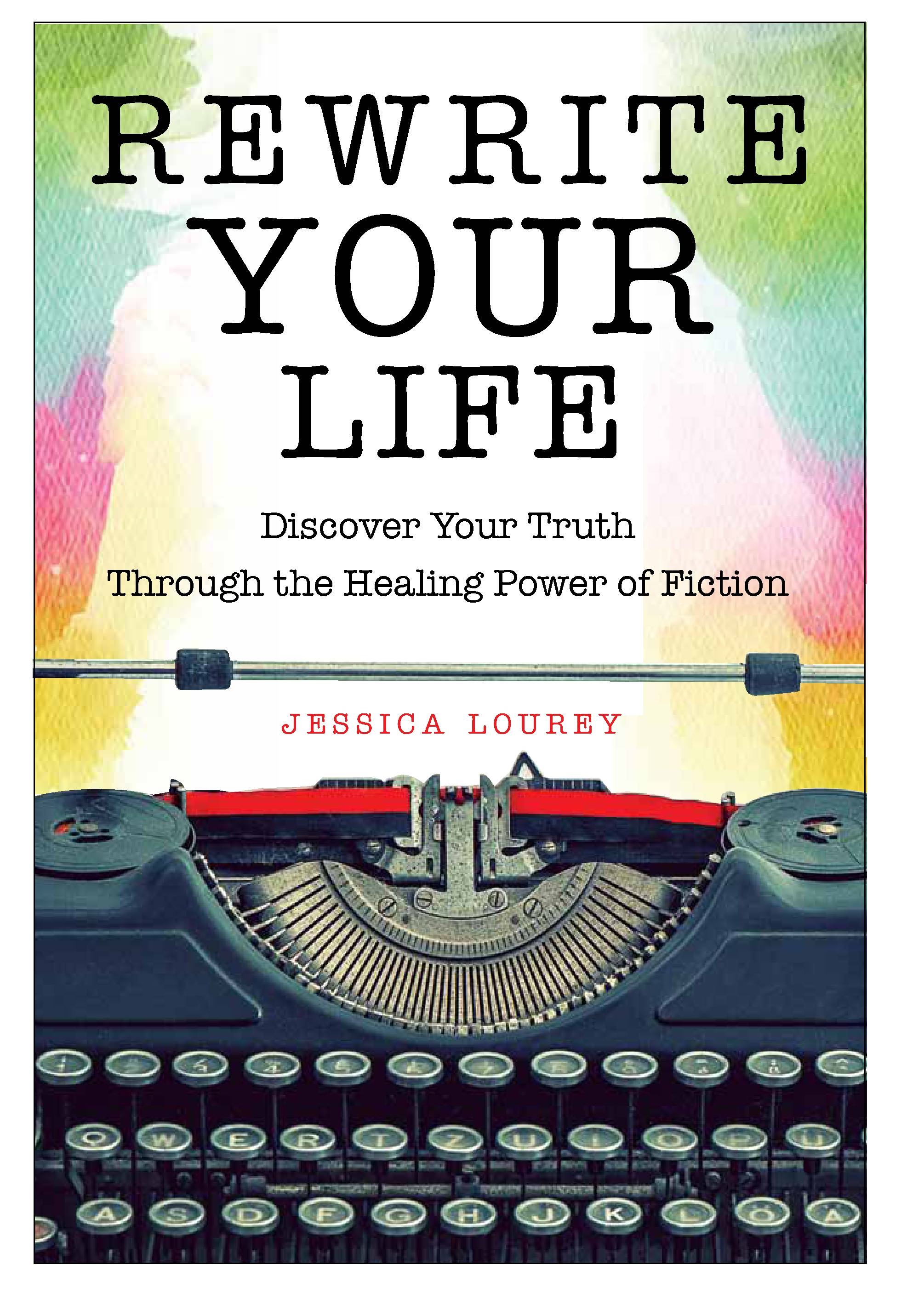[Special Guest Post!] Find Your Theme, Fix Your Life: Another Great Reason to Write
/Hello, my lionhearted friends! And welcome to June!!
I don't know about you, but I am READY for a chilled-out summer and a slower pace.
Here on the blog, that translates to a broader focus. We're going to take this month to kinda zoom out from the day-to-day of a writer's life. And instead, we'll take a look at the big picture.
Because lately, I've caught myself pawing through my writing years, trying to get a grip on my own trajectory. And I've been asking myself: what happens to a writer across many projects? What kinds of seasons happen in a writer's creative life?
And how do all my crazy projects and ideas mesh together, anyway?
Lucky me: To look more at that last question, we have a special guest post today with Jessica Lourey.
I am SO excited to introduce her to you: she's published fifteen books and she has something pretty awesome to say about the themes that show up in our work. I'm so glad we get to hear from her!
So check out her post below, and be sure to hit the comments to say hi to Jessica in person!
Then you'll definitely want check out her TEDx Talk (it blew me away), as well as her latest book.
(And whaaaaat, she also has a coloring book for writers? I know I won't be the only one scrambling to get my hands on that!)
Are you excited? Let's dive in. Here's Jessica:
My 15th book released a few weeks ago. It's called Rewrite Your Life: Discover Your Truth Through the Healing Power of Fiction, and it walks readers through the lucrative and life-changing process of transforming life experiences into powerful fiction.
I stumbled across this fact-to-fiction process by accident. The year was 2001. I had a three-year-old daughter and another on the way. I was teaching full-time and loving life.
Unexpectedly, inexplicably, I lost my husband.
I go into more detail in my TEDx Talk, but in general, here's what happened after his death:
I had to write to survive. I needed to transform my fear and pain into something coherent.
I wrote one book, then another. I'd written three whole novels and received 423 rejections before I landed my first agent. Fifteen books later, I'd give up wine, bread, cheese, and my left foot before I'd quit writing.
But even after all that passion and practice, if I'm honest with myself (and you), it's not exactly ancient history that the idea of drafting a novel felt like being dropped into central Africa's Congo Basin with a compass and a paperclip.
Naked.
Rolled in honey.
With everyone whom I've ever wanted to impress watching via a live feed, gathered together in a room, eating popcorn and laughing so hard that they spewed schadenfreude all over the television.
In fact, after I began my first novel I spent much of my writing time feeling overwhelmed at the scope of what I'd taken on and like a ridiculous fraud for even pretending I could write a book. I grew up in rural Minnesota, for crying in the night. Not only did I not know any writers, I hardly knew anyone who liked to read.
But there was personal treasure to be mined in the writing of a novel, I sensed it even then, rubies of resilience and emeralds of hope, and so I read what I could on the art of writing, sought out mentors, and read fiction like a chef trying to puzzle out the recipe by tasting the meal.
After five years of trial and error, I finally arrived at a method to reduce the time and stress of writing an experience-based novel while increasing the joy in the writing and the quality of the story.
More importantly, I discovered that writing fiction allows me to process much of my personal garbage so I can live healthier and happier.
You'll find that most if not all your best novel ideas are already growing, ready to be plucked, in the compost pile of your mind. (Your compost pile is that fertile, loamy, crap-filled place where you tossed your baggage in the hopes that it would decompose on its own. It doesn't. You have to stir it up and spread it out. It's just the way it works.)
All writers end up with a unifying theme across the books that they write, and that theme is the most indigestible nugget in their mental compost pile, the personal challenge they were put on this earth to overcome.
For example, I write about the poison and power of secrets. In every. Single. Book. (It took me eight novels to realize my recurring theme.)
I come by this meta theme honestly. I grew up in a house built on fear and secrets, liberally sprinkled with alcoholism, psychedelic drugs, swingers, and naked volleyball parties. I packed my first bong before I was ten and mixed a mean whiskey water by age twelve. To this day, I think my parents' worst fear was that I'd rebel and grow up to be a right-winger.
(My parents would be mortified if they knew I was writing about them or my childhood. This, along with an instilled allegiance to secrets, has kept me from writing nonfiction up until this moment. How am I finally breaking free of this, you ask? The advice to write as if your parents are dead seems too harsh. I'm instead writing as if they're illiterate.)
My experience of working through and spreading my mental compost pile via novel writing is not unique.
At a recent writing conference, a successful noir author confessed to me that all her books are about that pivotal, cathartic moment when a person tests his/her limits. John Irving's recurring theme seems to be younger men who are seduced or abused by older women. Parental abandonment appears in every one of Charles Dickens' books. Amy Tan tackles mother/daughter relationships in her writing.
You will find some version of your own experience-based theme in all the novels you write.
Don't worry if you don't know your life theme right now; discovering it is one of the many gifts of novel writing.
Just know that wherever you are at in the writing process, you are doing the right thing. The good work.
Write on, with love,
Jessica Lourey
www.jessicalourey.com
The above is partially excerpted from Jessica Lourey's Rewrite Your Life: Discover Your Truth Through the Healing Power of Fiction, available May 1, 2017, wherever books are sold.
Jessica is best known for her critically-acclaimed Murder-by-Month mysteries, which have earned multiple starred reviews from Library Journal and Booklist, the latter calling her writing "a splendid mix of humor and suspense." She also writes sword and sorcery fantasy, edge-of-your-seat YA adventure, a coloring book for writers, and magical realism, literary fiction, and feminist thrillers. She is a tenured professor of creative writing and sociology, a recipient of The Loft's Excellence in Teaching fellowship, a regular Psychology Today blogger, and a sought-after workshop leader and keynote speaker who delivered the 2016 "Rewrite Your Life" TEDx Talk.












